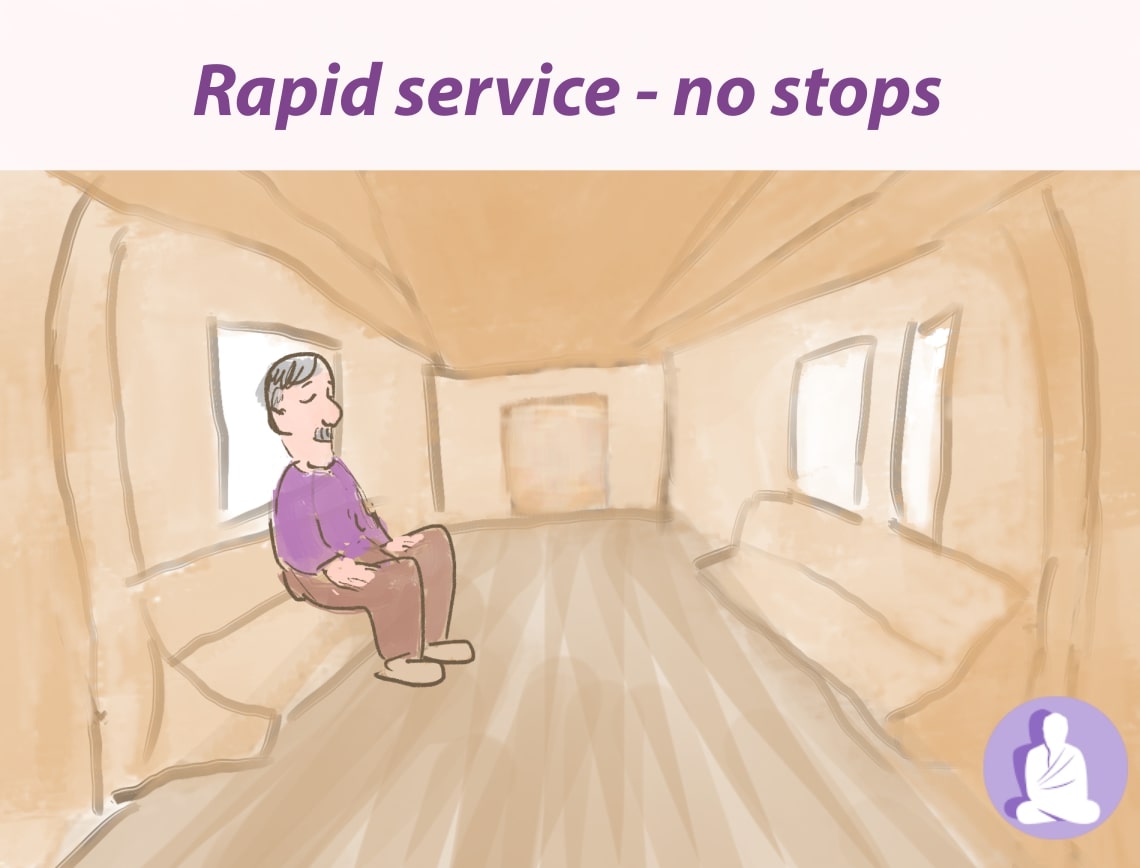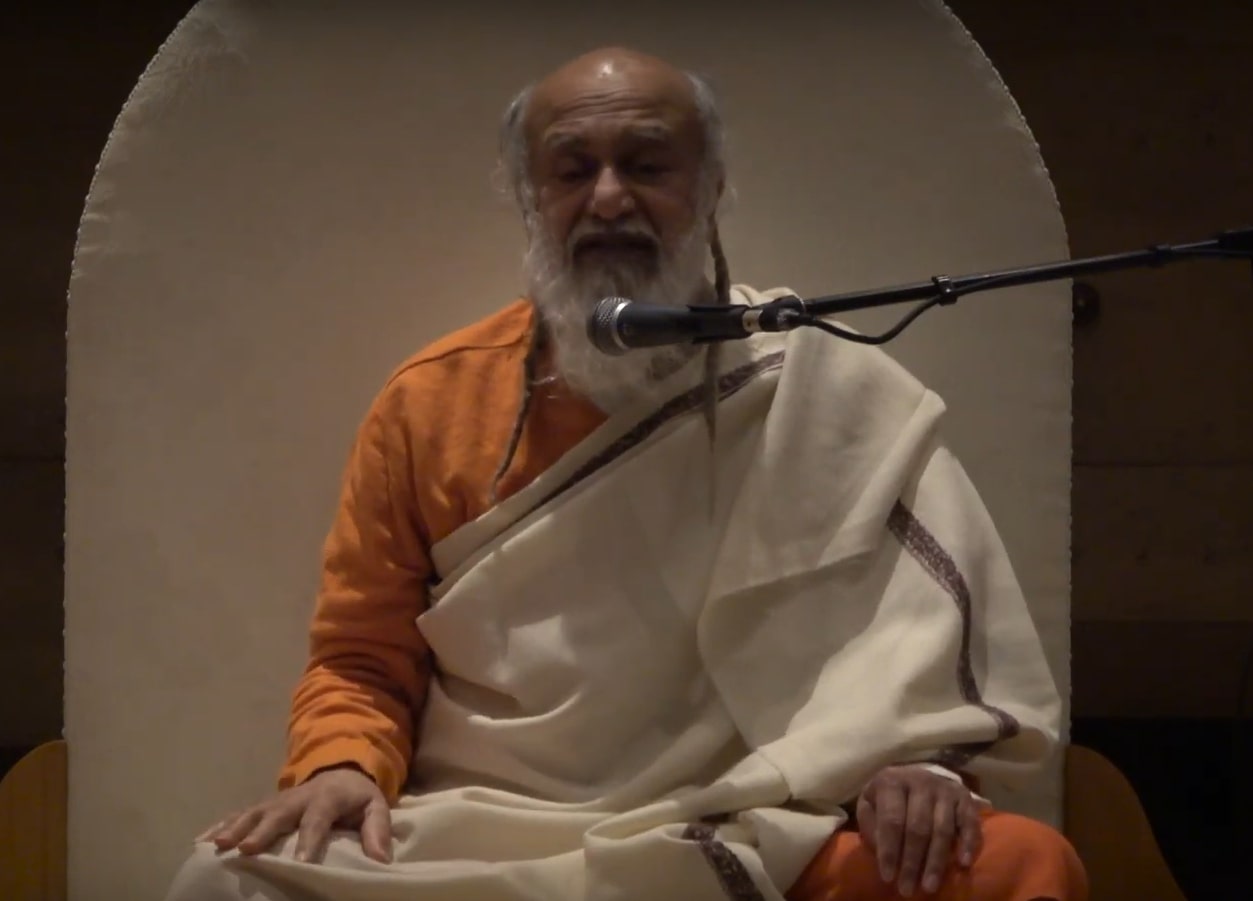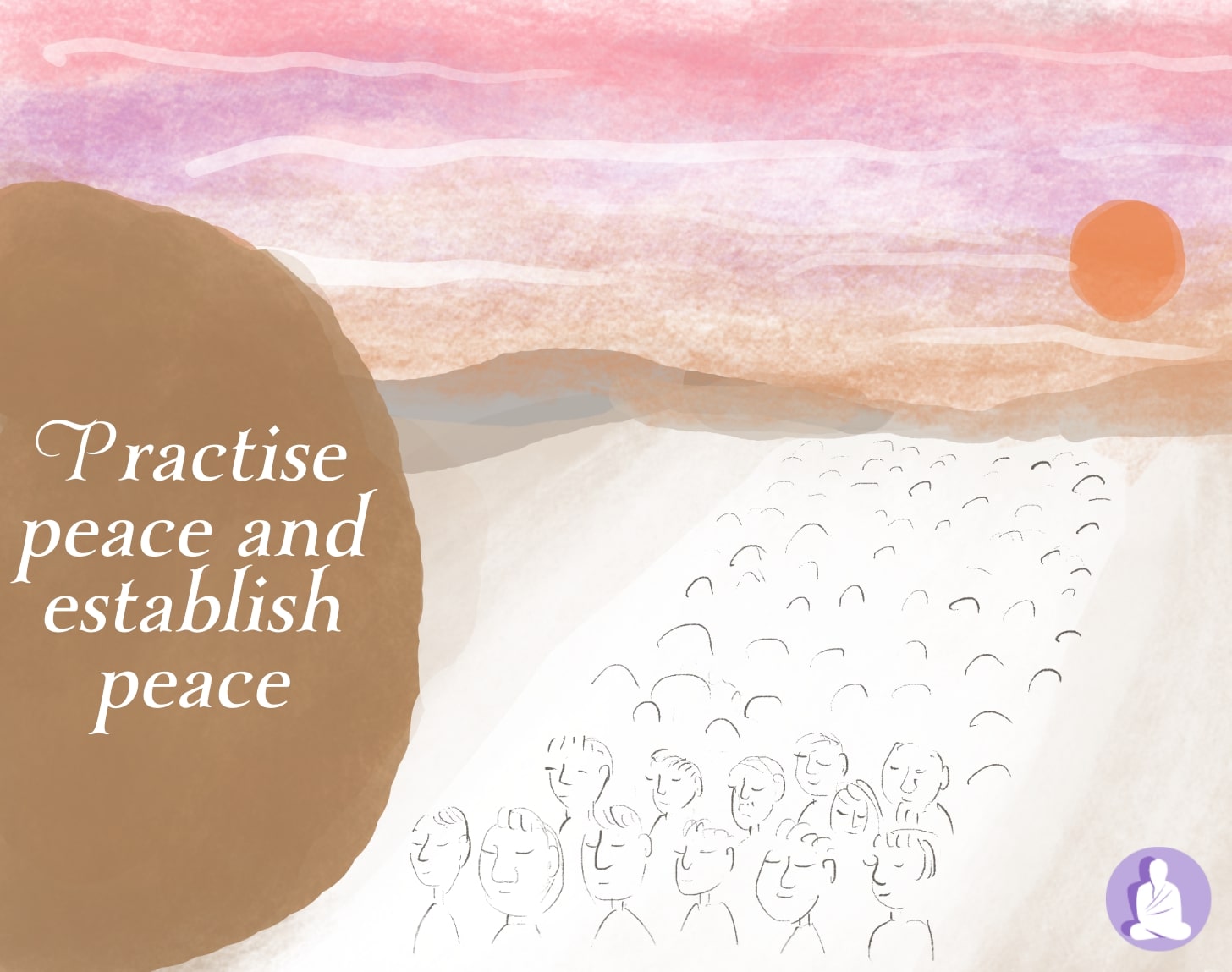The brain is a beautiful organ to live in this world if we are in control of it. However, sometimes what the brain reflects might not be the truth. For example, it might present something which is not true as a truth: a friend can appear as a foe and a foe as a friend. If we start believing that as the fundamental truth we get into trouble. We thus have to learn how to verify what is really true. How do we do this? As Babaji says,
‘Amongst millions of thoughts that are in your mind, there is one thing which is not a thought, which is not an imagined one; the consciousness of your existence. That’s what you get to see practically in meditation. That’s what you have to catch hold of, you have to reach that stage.’
So in meditation, efforts are made not to get involved into any thoughts. Slowly, through regular practice, the mind gets the upper hand and gets more and more quiet – it gets de-linked from the clutches of the brain. We will be the master; to use the brain as we wish, in the best way possible.
‘When the mind is purified and concentrated, you are able to apply the brain in a better way. You won’t allow the brain to fool you, but you will be using the brain. If you allow the brain to use you, then it will fool you.’ ~ Babaji
Click on the video to see Meditation Master Shiva Rudra Balayogi explain these points in detail.
#meditate
#bethemasterofthebrain
Our courses and sessions are designed to help you establish a daily practice.










